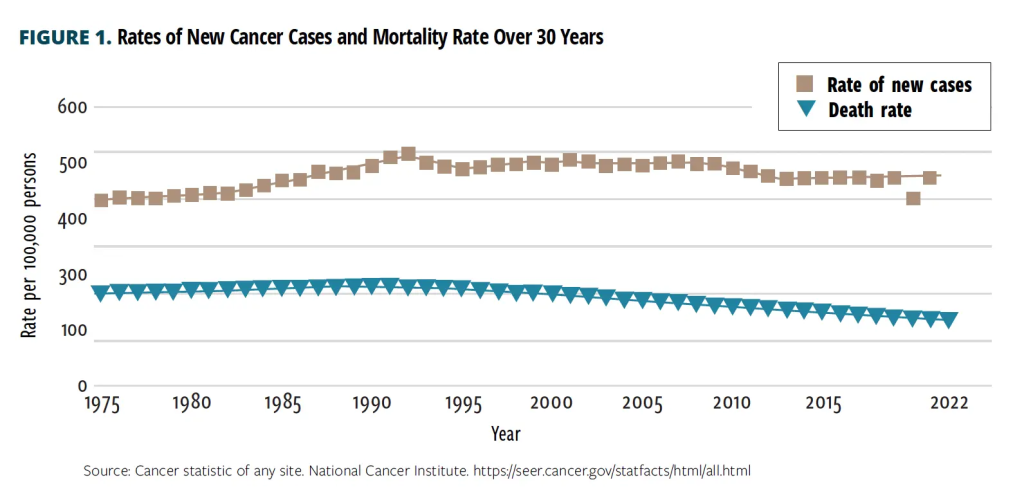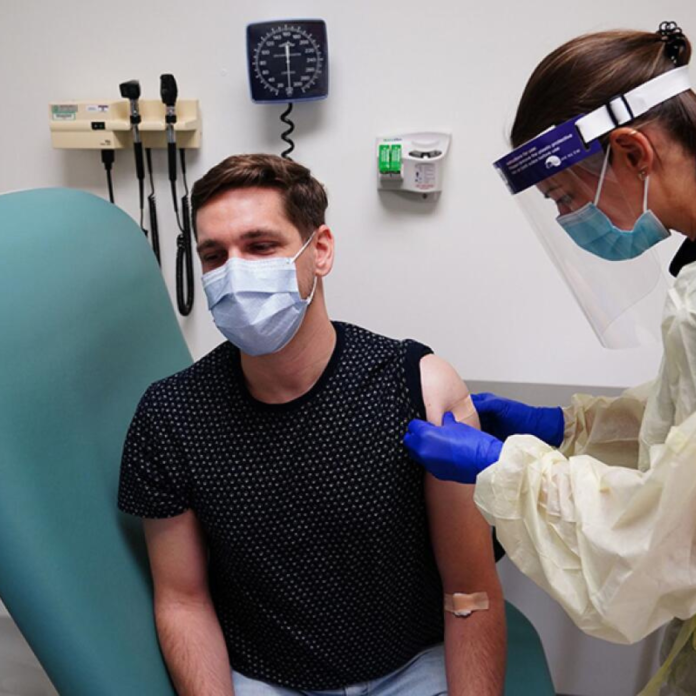Nearly five years after the emergence of COVID-19, misinformation about the virus and its vaccines continues to ripple through the digital landscape. One of the most stubborn—and dangerous—conspiracy theories to gain traction is the so-called “turbo cancer” myth.
The claim, which began circulating in late 2022, alleges that mRNA COVID-19 vaccines are triggering a wave of unusually aggressive cancers, supposedly due to the presence of simian virus 40 (SV40) DNA fragments. The term “turbo cancer” quickly gained momentum online, despite a lack of scientific evidence and repeated efforts to debunk the theory.
Experts say the staying power of such myths lies in human psychology. “People are more likely to believe information that confirms what they already think or aligns with their social and political identities,” explains a cognitive scientist from a leading research university. These mental shortcuts—confirmation bias, the bandwagon effect, and reliance on anecdotal over statistical evidence—can make false claims incredibly resilient.

The turbo cancer narrative exemplifies how misinformation evolves. While fragments of SV40 DNA have been found in some vaccine batches, researchers emphasize that these are not the same as the virus itself and are not known to be cancer-causing. In fact, SV40-related fears go back to the 1950s, when the polio vaccine sparked similar, ultimately baseless concerns.
“There’s no mechanism for mRNA vaccines to cause cancer,” says one epidemiologist. “The mRNA never enters the cell nucleus, degrades quickly after injection, and doesn’t accumulate in the body.” Spikes in cancer diagnoses during the pandemic are far more likely due to delayed screenings and healthcare disruptions, not vaccine ingredients.
Still, the myth has proven remarkably persistent. An investigation by Infodemiology.com—a research initiative tracking health misinformation—analyzed nearly 1.6 million online posts about “turbo cancer” between November 2022 and November 2024. The posts, which came from nearly 20,000 unique authors, generated more than 22 billion impressions and 5.5 million engagements. One notable spike occurred in August 2024, following unverified claims that “whistleblowers” warning about turbo cancer had died in a mysterious plane crash.
This surge was mirrored in Google Trends data, which has shown recurring spikes in searches for “turbo cancer” since the term first appeared in late 2022. Although Facebook and Instagram data were excluded from the study due to access restrictions, the broader trend is clear: misinformation about cancer and COVID-19 vaccines is still gaining ground.

Public health officials warn that widespread misunderstanding about vaccines isn’t new—but the digital age has accelerated the spread of myths. Few people, for instance, realize that vaccines already play a crucial role in cancer prevention. The HPV vaccine can prevent up to 90% of cervical and other cancers linked to the virus, and hepatitis B vaccines reduce the risk of liver cancer.
The COVID-19 vaccines, among the most rigorously tested in history, remain under constant surveillance by systems like the Vaccine Adverse Event Reporting System (VAERS). So far, no evidence supports any link to cancer—turbo or otherwise.
“This is a failure of communication as much as it is a triumph of disinformation,” says a public health analyst. “We need to treat the spread of false health information like we treat an outbreak—track it, understand it, and respond accordingly.”
That’s where the emerging field of infodemiology comes in. Just as epidemiology maps how diseases spread, infodemiology charts the transmission of information—true or false—and its impact on public behavior. The goal: to prevent the next “infodemic” before it fuels another public health crisis.
As researchers continue to monitor and refute myths like turbo cancer, the message is clear: science alone isn’t enough. Trust, transparency, and effective communication are now just as vital in safeguarding public health.



